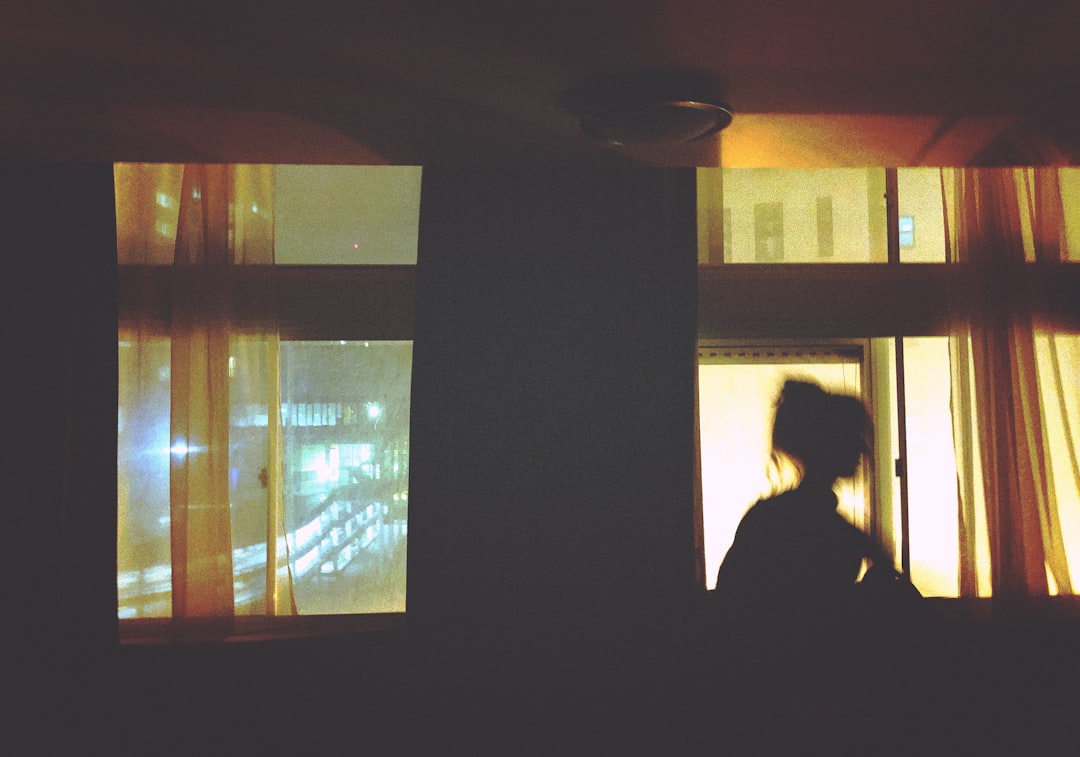Article voiceover
That Indian bar in Spokane was owned and operated by a white couple. Would you have guessed that very few Indians own the bars where Indians congregate? That white couple also owned the apartment above the bar. When our Indian parents left us kids in the cars while they went into the bar to party, we'd look up to that apartment window where that couple's white daughter sat looking down at all of us. She was a fairy tale figure. Her blonde hair seemed to be the sun illuminating one block of the dark city. We Indian kids wanted to be that white girl in the window. She had parents who ran a business. They weren't poor. She sat golden and perfect behind the glass. She lived in a museum that we were never allowed to visit. Decades later, I met that white girl as an adult. It was breath- taking to make that connection through all the time and distance. She remembered us Indian kids as a crew. I remembered her as a solitary figure. I told her that we'd always wanted to be as luminious as her. She said she wanted to be as luminous as us. She said that she was the only child of parents who drank, fought, and lost all of it. She watched us running from car to car, eating chips, drinking soda pop, and laughing. She said that she was jealous of us because we played as a group. She said that she wished she was as resilient as us. And I said No. I told her that we Indians kids were a clan of the lonely. I said that all of us were broken then and are still broken into pieces now. I said that many of those kids that she saw every weekend have died young. She sighed and said that she was still broken, too. Isn't it strange how that luminous white girl in the window was just as unhappy as us luminous Indian kids running in the streets? But doesn't luminous mean that we were on fire? Doesn't luminous mean that all of us children were kindling being thrown by the world onto the pyre?




We ran the streets of Chicago looking for adventure. Our crimes were about chaos. Being chased by the cops (or anyone for that matter) was high sport. We did things that would land a modern kid on the Homeland Security watch list. My schoolmates thought I was rich because my Appalachian refugee mother insisted on ironing my shirt every morning. They didn't know anything. I didn't know anything about their homes either. Poverty and desperation, alcohol, mental illness and violence. I was the only one of my little troop that went to college. It was a non-name school that I worked three jobs putting myself through while supporting myself. I carried the anger for all my friends and all my neighbors and that anger made me strong. Now I'm become an old man. And I look at the anger as just another one of my old friends. My constant companion. My protector. My teacher. And smiling, I set it down next to me. I pat it on its head and say 'good boy'. My anger looks up at me, smiling desperately and says 'I can still help. I love you.' But its tired. I can see that. I sit down beside it. I'll stay here for a while.
Those last three lines stunned me, Sherman. They reached into my subconscious taking me to the back seat of a '49 Ford, fighting with my little brother as we waited and waited outside Brady's Bar. Kindling. Christ! That's it exactly.